|
I have spent the last two years staring at the ground trying to work out what is going on deep in our soil I think I have forgotten to look up. Horner woods flow down the valley reaching our farm yard which is settled in the shadows of the ancient oaks and it is a incredible site as I walk through the field in the early mornings checking heavily pregnant cows awaiting our first calves here at the farm. It brings a sense of peacefulness to me, allowing me to see how far we have come, as the woodland breathes as it has done since before 1600. Our home is where we feel settled and safe but also where memories are formed, where our family grows. But it takes time to build a home and it feels as if our roots are starting to grow here at the farm. As a tenant sometimes I feel this sense of loss about the future that we can never truly feel at home, we are always limited and with a short Farm Business Tenancy, what happens with our future is controlled by our Landlord and ourselves. So much of the tradition of farming is linked to the future and a desire to want to leave the land in a better condition for the next generation, decisions we make now are not often of benefit to us but the future of the land and the next generations. This winter we looked to the future and planted our first row silvopasture, this has been in our plans since we first moved in and it feels incredibly exciting to be making the changes our farm needs to build a sustainable future for all. Silvopasture is the incorporation of trees into pasture land in many forms, two plots of woodpasture were planted as part of our countryside stewardship when we moved in and this winter we planted our first alley silvopasture plot, this allows for the grazing in between the trees, the trees are a crop in their own right and offer shelter, shade and browse to the livestock as they grow. We selected species that we felt suited the system but unfortunately we were not able to find all the species were wanted from safe sources to reduce disease risk. We hope we will yet see Mulberry, Cobnut and False Acacia here on the farm but they may have to arrive in stage 2. The benefit of trees in rows allows ease of management whether to the trees or grassland and allows rotational grazing with the livestock. We were also really pleased to be able gain funding through Somerset Rivers Authority and The Riverlands project, for 550 metres of new hedgerow allowing us to split four fields bringing down our field sizes allowing us to manage our grazing more productively. It has also just been confirmed that we can plant a further 440 metres this winter through the same funding, this will mean the winter just passed we will have planted 3825 trees with a further 2200 this winter, the key theme being that they are integrated into farmland supporting our soils, biodiversity and livestock welfare without loosing productivity. As these trees and grasses put their roots down into the depleted soils I imagine the soil coming alive as the roots communicate and transfer. A lot of what we are putting in place has grown out of the roots of traditional agriculture before our reliance in fossil fuel fertilisers took hold as an industry. Yet within the environmental movement there is a push for a change in agricuture with a move to increase arable production through the desire by many to have a high increase in plant based diets, yet this arable industry is currently responsible for in part the loss of our topsoil, herbicide use, pesticide use and loss of much of our biodiversity. I call myself an environmentalist yet I have found myself at a distance from the environmental movement due to the response I have when I talk of our plans as farmers, being told that nobody in my industry of blood agriculture can be an environmentalist. Yet as I wander the fields late at night and hear the owls calling I disagree so wholeheartedly, for those in tune with the land, whose footsteps tread over the damp grass see the destruction this idealistic move could cause. I have also found this unsettling notion that the youth are those driving this movement and the blame rests squarely on the older generations shoulders, maybe I have been unlucky with what I have come up against but your not often welcome as a farmer within discussions.
These thoughts have raised my own feeling of loss of the past with an overwhelming desire to speak to my Dad whose knowledge I wish I could seek out. My Dad died when I was 19, having been ill for a year previously from a brain tumour. As I young adult I struggled as my friends went to Uni and I drifted away from them unable to process my own grief, except for few valued friends who offered the support I needed. In hindsight as a young adult I wish I had asked more questions and soaked up knowledge from my dad as a fellow farmer. I now read his books on soil fertility and natural farming lifting the pages which he turned over 14 years ago, wishing I could speak to him, gain his guidance and in all honestly his pride. If we dismiss the older generation we are in it alone and I wish so much I could turn to my dad sitting beside me and discuss the role of calcium in the soil. Just as the roots of the trees are rebuilding the soil fertility at this very moment, the roots of where we have come from are vital for our society moving forward.
1 Comment
David R
7/26/2020 11:28:19 am
Loved the fact that you have a deep respect for the land and the wildlife and are trying to nurture this alongside running a viable farm. I'm sure that is why the Trust gave you the tenancy! We wish you huge success in this - you very obviously deserve it.
Reply
Leave a Reply. |
Our JourneyAn open and honest blog following our new venture as tenants to the National Trust. Talking through our plans and the ups and downs of life and the farm. Archives
February 2023
Categories |

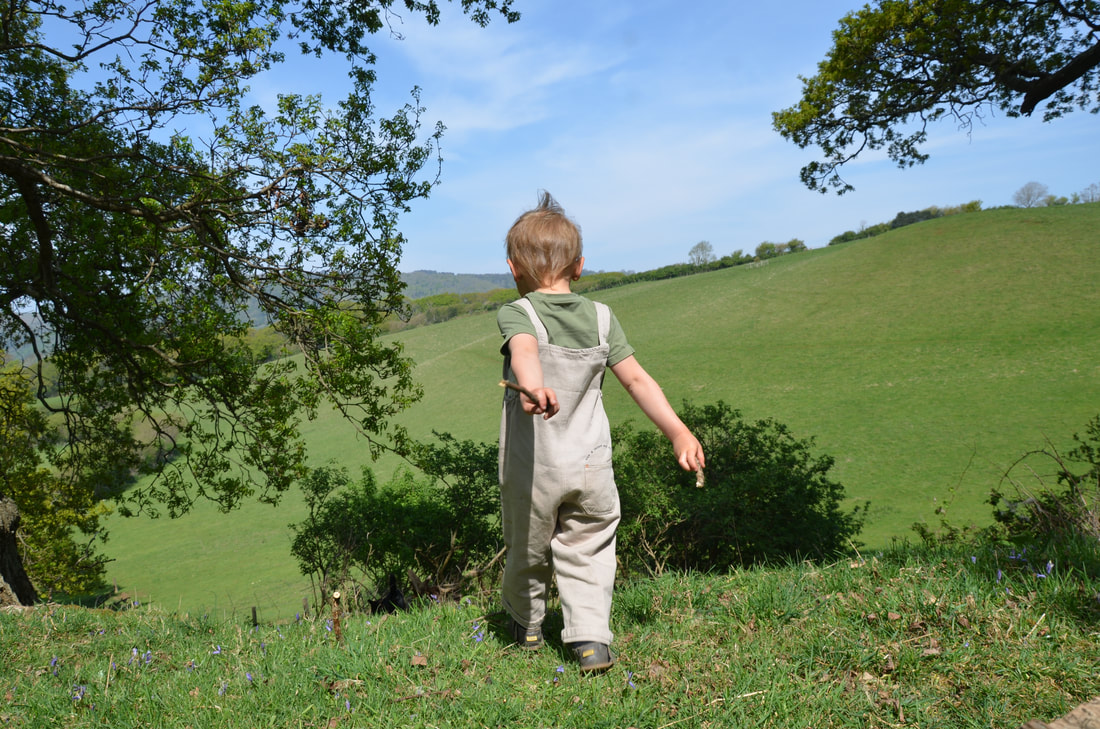
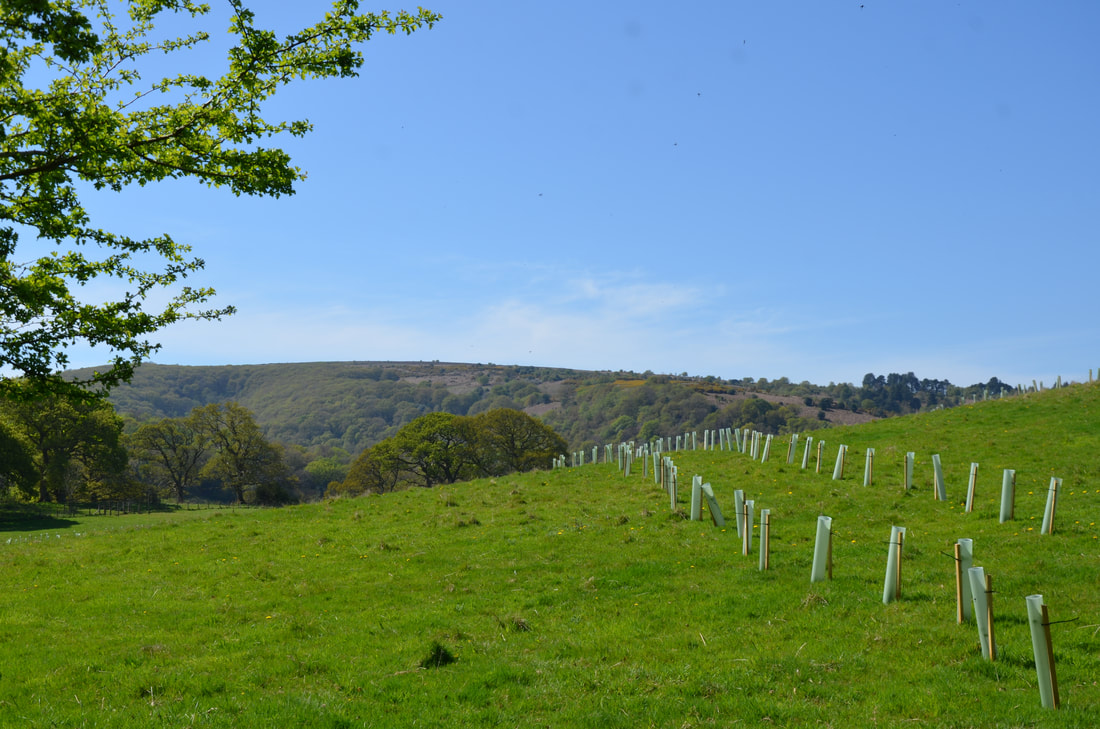
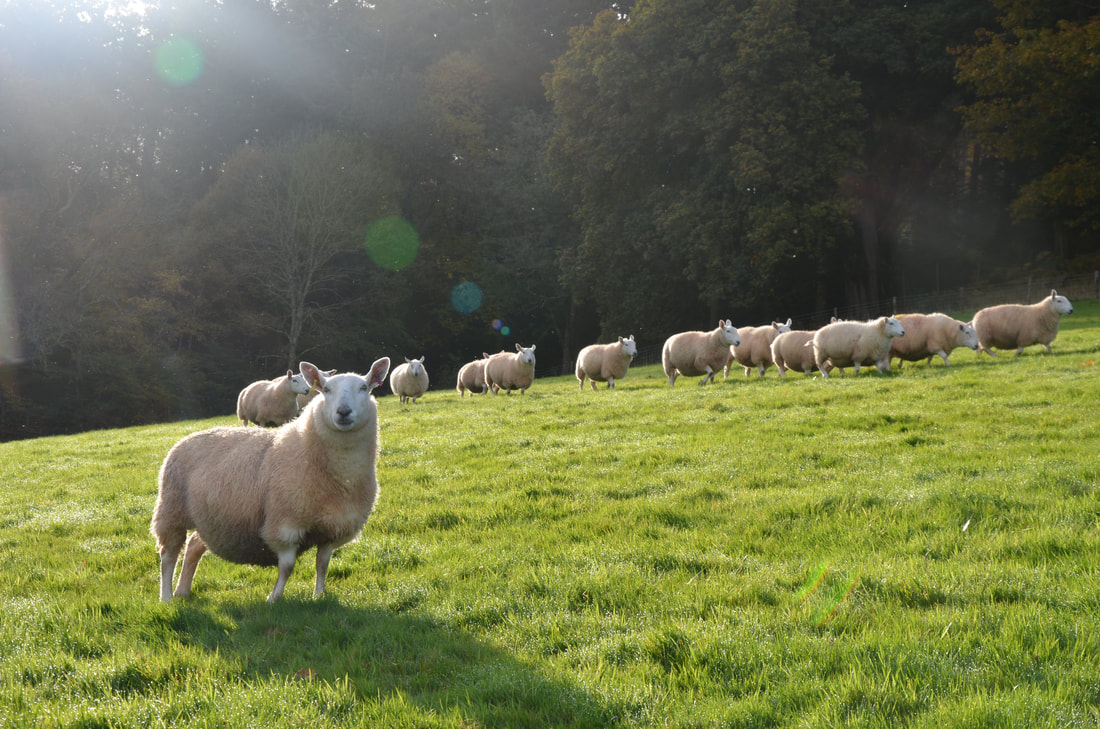
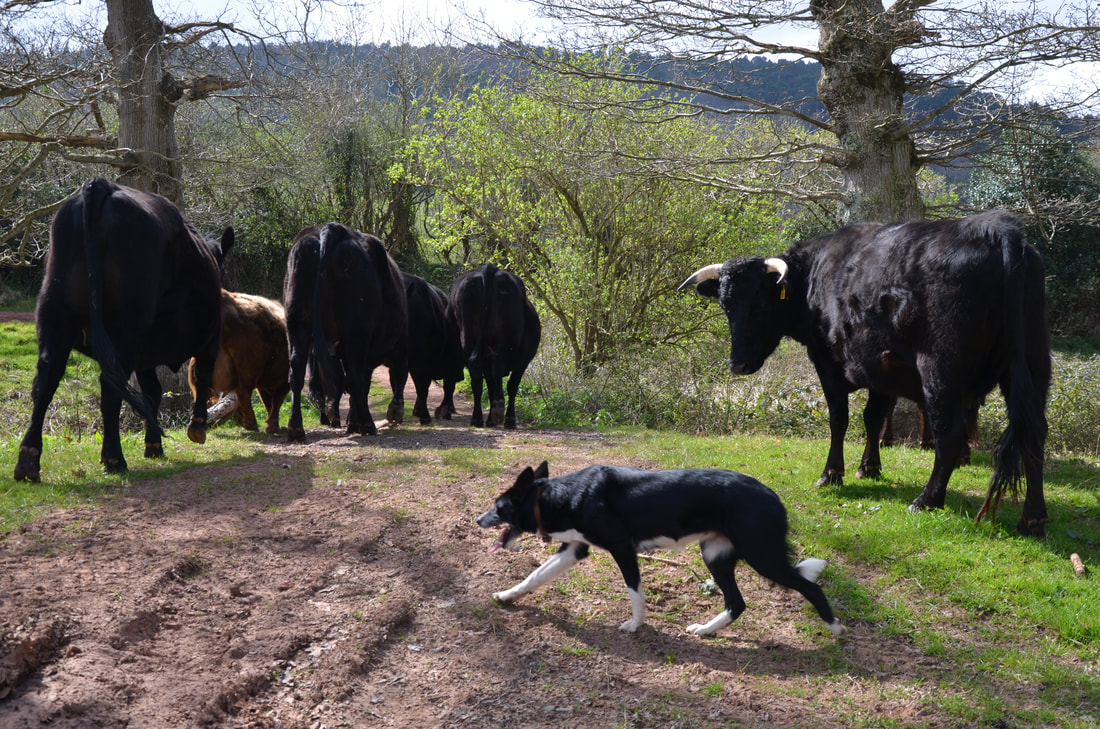
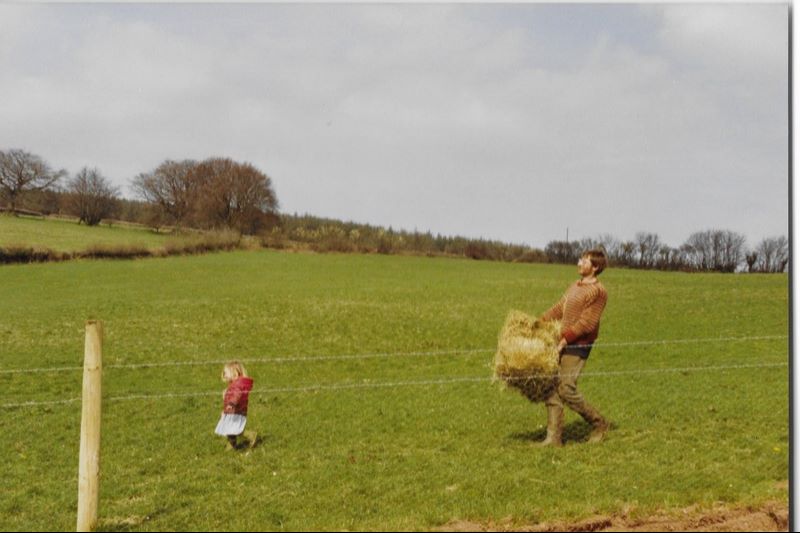
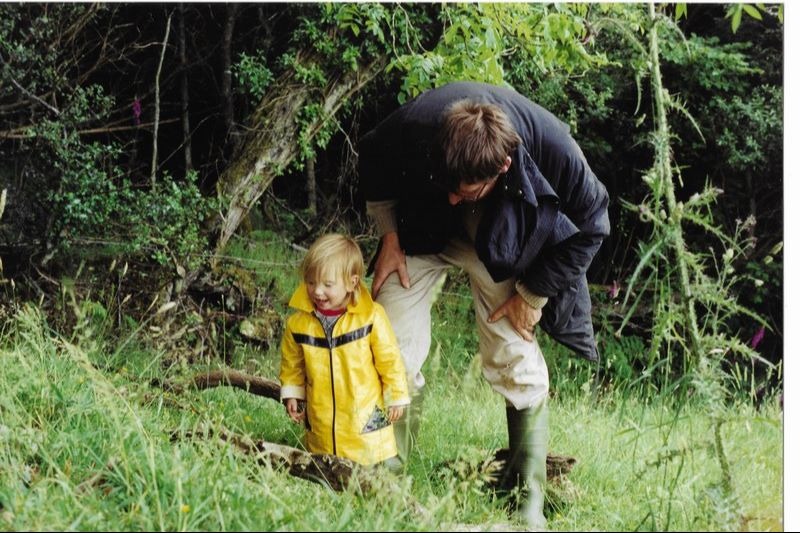
 RSS Feed
RSS Feed